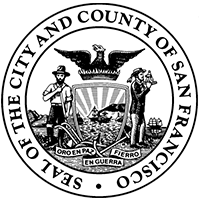“Curiosity is much more effective than being right.”
Lucinda Garthwaite, Lead Partner at ChangeMakers Partners
Critical to our success is improving how we think together, work together, and plan together for the future in a rapidly changing context. Below are some resources that will do just that, while providing more context for why we have chosen this approach to visioning.
Scenario Planning
Scenario Planning
The Economist, September 2008
(Video) Introduction to Scenario Planning for Planners
MIT Center for Transportation and Logistics, December 2015
Additional links:
- Transformative Scenario Planning, Stanford Social Innovation Review, November 2013 [excerpt from the same book]
- What if? The Art of Scenario Thinking for Nonprofits, The Monitor Institute, 2004
- FHWA Scenario Planning Resources Website and FHWA Scenario Planning Guidebook ( PDF – 30 pages)
Futures Thinking
Foresight & Forecasting
Recent research from Philip Tetlock, co-author of and co-founder of the Good Judgment Project, is popularizing and clarifying foresight and forecasting.
Why an Open Mind Is Key to Making Better Predictions
Philip Tetlock, KnowledgeAtWharton, October 2015
Superforecasting: How to Upgrade Your Company’s Judgment
Harvard Business Review, May 2016
Predictable Surprises: The Disasters You Should Have Seen Coming
Harvard Business Review, April 2003
Six tips for Strategic Foresight
interview with Nicole-Anne Boyer, managing director of Adaptive Edge, or PDF slide
Additional links:
- ‘Mindware’ and ‘Superforecasting’, New York Times Book Review, October 2015
- Want to Understand the Future? Read Science Fiction, Recode, February 2017
- (Video) Why Trends Are More Predictable Than You Think (4 minutes), Amy Webb, Inc.com December 2016
- Why 2017 May Be the Best Year Ever, New York Times, January 2017
- Why We Love Bad News More Than Good News, Psychology Today, November 2014
- For Better or Worse: New Books Forecast the Next Technologies, New York Times Book Review, December 2016
Cross-Sector Collaboration
A key outcome of Connect SF is better collaboration to co-create the future we want. New research reveals surprising truths about why some collaborations thrive and others falter. New methods, like the U process , also represent a codified theory and set of practices to leading systemic change around intractable issues.
The Seven Habits of Highly Depolarizing People
The American Interest, February 2016
What Google learned from the quest to build a perfect team
New York Times, February 2016 ( Short Summary )
(Video) Strategies for Learning from Failure
Harvard Business Review, April 2011
Additional links:
- Why We Believe Obvious Untruths, New York Times, March 2017





